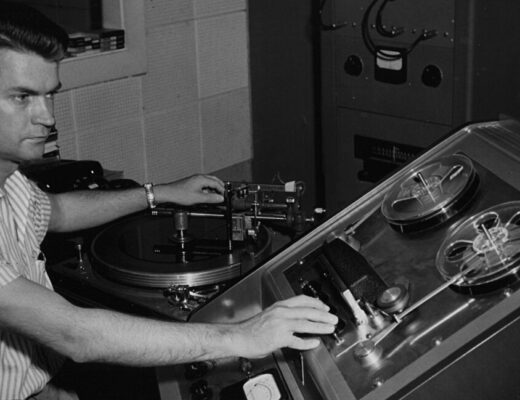McCartney III finds the artist in a familiar playful mood, experimenting across various forms, genres, and lyrical modes.
Considering the lukewarm (even arguably harsh) response with which Paul McCartney’s two previous one-man home-recorded solo albums, McCartney (1970) and McCartney II (1980), were initially received, and how they nonetheless gradually found a welcoming and enthusiastic listenership with fans of a certain older generation of alt-rock/pop stars, one might anticipate that the most recent and the third installment in McCartney’s DIY trilogy would be an album that fails to fully submerge on a first spin. Recorded in 2020 at his residence in Sussex, the 78-year-old Scouse rock legend took quarantine as an opportunity to start noodling with some of his old ideas and leftover sketches. The final product, McCartney III, is nothing less than an experimental pop-rock slow-burn — perhaps its offbeat tenor is to be expected, coming from a septuagenarian billionaire sir and family man megastar who’s still enjoying (even goofing around here, and why not?) the chance to explore new musical possibilities after nearly six decades of activity and dedicated work. The album’s experimentalism gives an impression that isn’t dissimilar, in sonic form, from the way fellow countryman and visual artist David Hockney has embraced the work of painting on his iPad and iPhone since 2009, pushing form in the wake of career-long success, while the album’s slow-burn qualities are familiar, keeping in line with most of McCartney’s post-Beatles, post-Wings records.
The semi-instrumental opener, “Long Tailed Winter Bird,” aptly encapsulates the essence of McCartney III. With simple, straightforward, and phrase-repeating lyricism, which has always been part of McCartney’s signature — “Do you, do-do, do you miss me? / Do you, do-do, do you feel me?” — the track somehow recalls The Beatles’ 1962 debut single, “Love Me Do,” and also proves that this is a record as deeply rooted in the artist’s previous experiences as it’s joyously playful with uncanny melodies and tunes. Here, like all other songs on the album, everything stems from casually-performed riffs mixed with unadorned guitar chords and drum rhythms, and soon leads into a more instrumentally-varied and layered piece. This experience of the album can best be heard later in McCartney’s color-shifting vocal performances, varying from the soft, clean tone of his upper register to deep bass expressions, from humming and whistling to falsetto. All of the songs ably manifest their singular mood and atmosphere, each adding some fresh flair and flavor to the overall easy-listening feel of the record — there’s the beautiful, underlying piano support in “Women and Wives,” the waggish bluesy rock ‘n’ roll vibe of “Lavatory Lil,” the feel-good, heartwarming character of “Seize the Day,” the hibernal soothing of folksy “Winter Bird/When Winter Comes,” the structural complexity and feverishly dark inflection of “Deep Deep Feeling,” and the funky, sensual “Deep Down.” Elsewhere, “The Kiss of Venus” reveals McCartney’s facility with more profound, poetically-inclined lyricism and emotional richness, while “Find My Way” and “Pretty Boys” once more demonstrate his ability for composing catchy little ditties. It’s easy to catalog the album’s strengths in this way, and there are plenty more pleasures — especially for McCartney diehards — to discover, but if anything can precisely articulate the artist’s intent on McCartney III, it can be found in his own sincere, reflective, and revelatory words on the hard rock-styled “Slidin’,” where he intones: “I know there must be other ways of feeling free / But this is what I wanna do, who I wanna be.”
Published as part of Album Roundup: Oct. – Dec. 2020 | Part 5.







